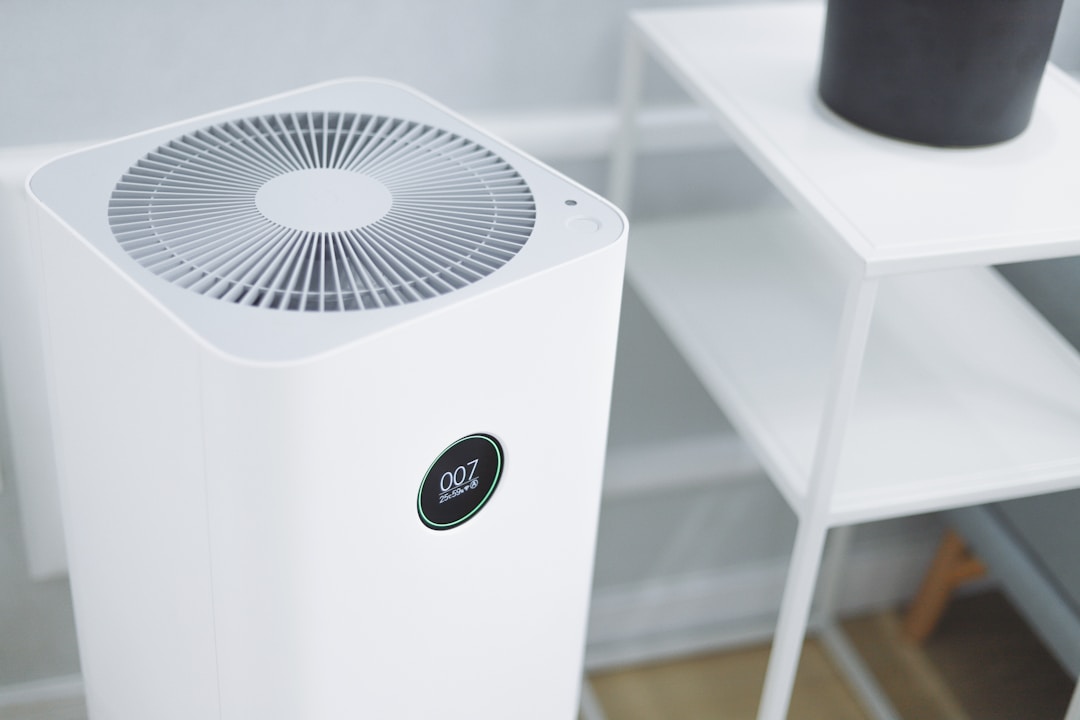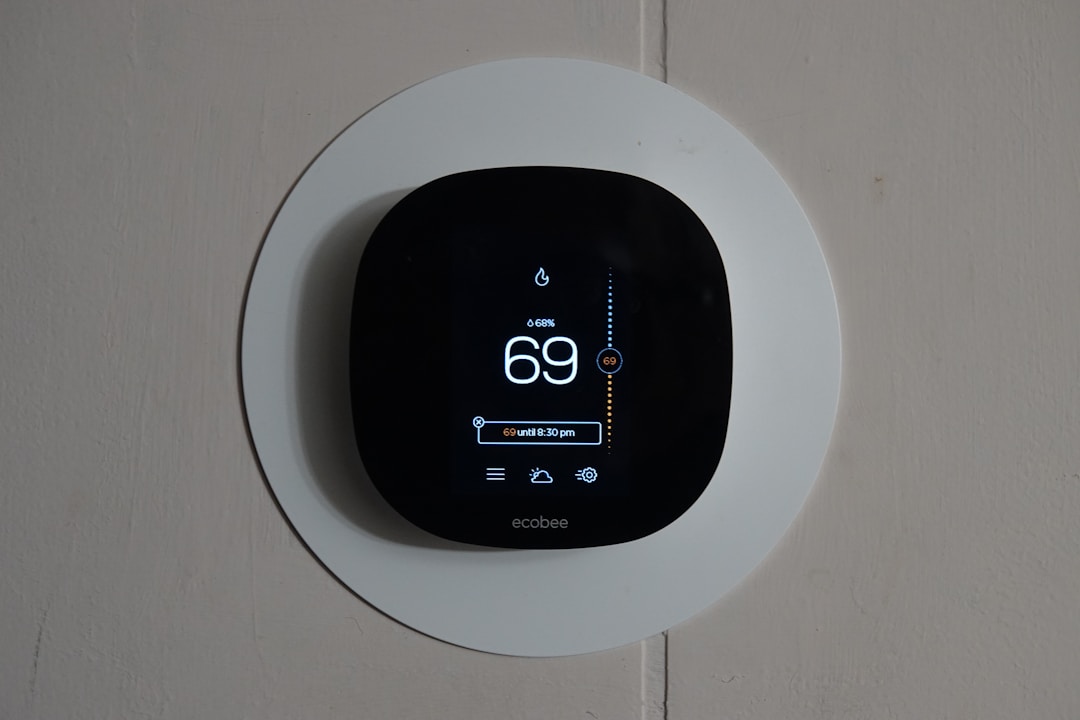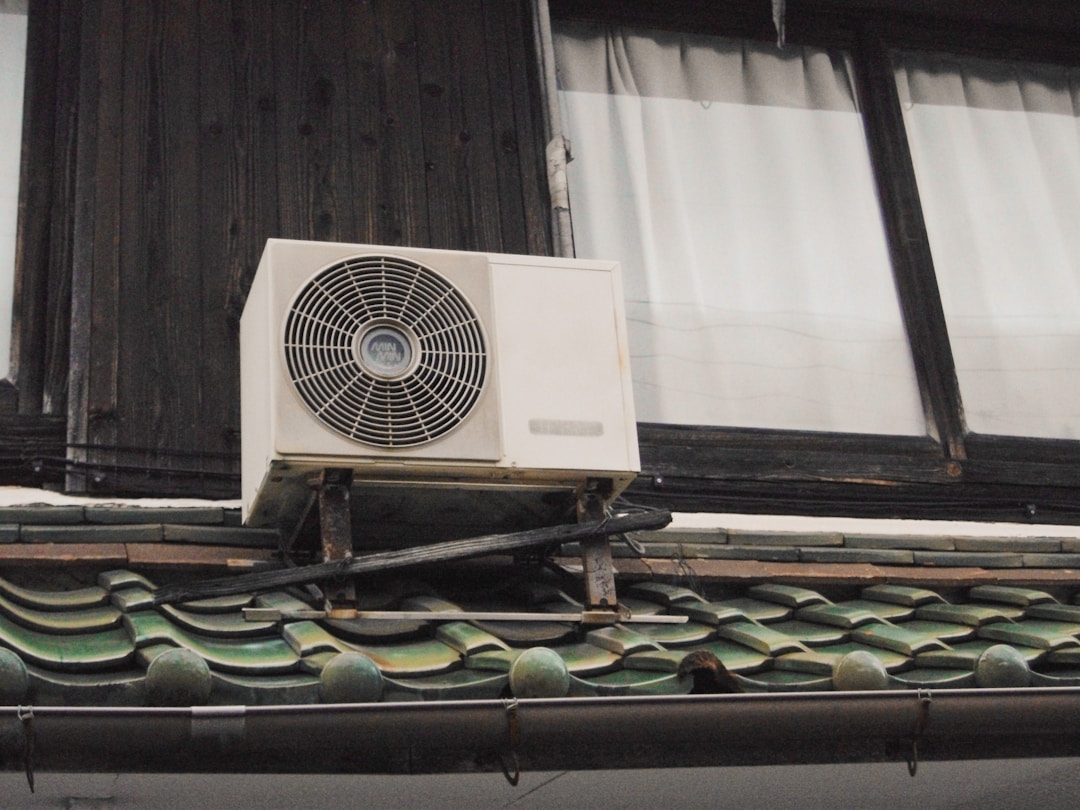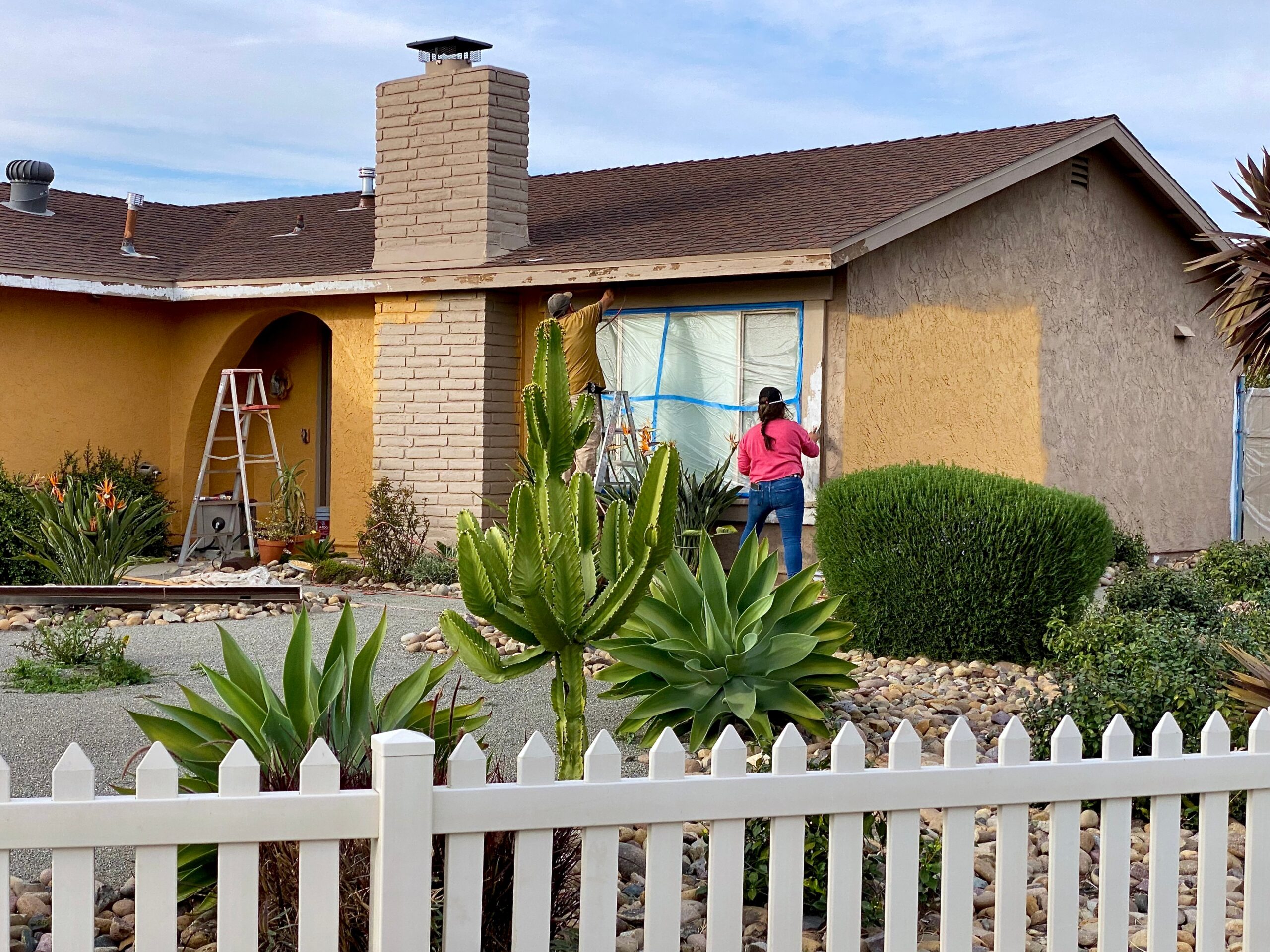There is no doubt that making the decision to install or replace your home’s heating ventilating and air conditioning (HVAC) system can be overwhelming and confusing. The market is filled with a myriad of choices and understanding how to choose a system that is well-suited to your home’s needs, efficient, and affordable is undeniably a challenge. Below, we’ve outlined a comprehensive guide to simplify your decision-making process, help ease your mind, and ensure you make an informed decision. If you’re in need of advice, keep reading!
Understanding the Function and Importance of HVAC Systems

The importance of an HVAC system should not be understated when discussing the comfort and overall livability of a home. It is a crucial component responsible for regulating your home’s temperature, filtering air, and controlling moisture levels. HVAC is a literal abbreviation for heating, ventilation, or air conditioning. It refers to the different systems, machines, and technologies used in indoor settings like homes, offices, and transportation, where safe and healthy living conditions are regulated with respect to temperature and humidity by using fresh air from outside.
Credible HVAC consultants, such as this one that offers HVAC installation Pittsburgh PA, can teach you everything you need to know and assist you in choosing an efficient system for your home. An efficient HVAC system keeps your home warm during the winter and cool during the summer, ensuring that you and your family members enjoy ultimate comfort and good health. It also maintains indoor air quality by filtering out pollutants and excess moisture. This eliminates the growth of molds that could affect your family’s health. Poor HVAC maintenance often results in inefficiencies which could lead to expensive utility bills.
Moreover, for those who reside in a place with drastic seasonal weather changes, having a good HVAC system is not just a luxury, but a necessity. Weather fluctuations can drastically influence indoor air quality, and ideally, a well-functioning HVAC can maintain balanced indoor environmental conditions despite the changing weather. Considering the negative health impact that indoor air pollution can have, it’s a worthwhile investment.
Components of a Comprehensive HVAC System
The HVAC system you install in your home will largely depend on the existing infrastructure, the climate, and your personal preferences. The most common systems are the central heating and cooling systems, duct-free systems for specific room heating or cooling, and heat pumps. Central heating consists of a furnace that burns fuel to heat your home, ductwork that allows warmed air to travel throughout your home, and a thermostat for you to control the heat level. On the other hand, cooling systems typically use the same ductwork but use an air conditioner unit and evaporator coil instead.
Duct-free systems, also known as mini-split systems, are used for individual room heating and cooling. These are great HVAC options for older homes that lack ductwork. Heat pumps are becoming increasingly popular due to their performance in mild climates. They work by transferring heat and can produce both heated and cooled air. When thinking about the right type of HVAC system to install in your home, it’s also important to think about the quality of your home’s insulation and ventilation. Proper ventilation is essential as it prevents the build-up of harmful gases inside the home. A home that is well-insulated will prevent wasted energy, saving you money and reducing the workload on your HVAC system.
Selecting an Energy-Efficient HVAC System

As homeowners become more concerned about environmental sustainability and cost-saving measures, energy-efficient HVAC systems are becoming more popular. Energy-efficient systems use less energy than traditional units, saving you money on your utility bill and reducing your carbon footprint. Most of these systems use advanced technology to minimize energy use while still keeping your home comfortable.
The key indicator of HVAC energy efficiency is the Seasonal Energy Efficiency Ratio (SEER) rating. The higher the SEER rating, the more energy-efficient the system. While energy-efficient HVAC systems often have higher upfront costs, they save homeowners money in the long term through reduced energy bills. Furthermore, you may be eligible for rebates and tax credits which can offset the installation costs.
Aside from saving money and being environmentally friendly, energy-efficient HVAC systems can offer consistent, optimal temperature, reduced humidity, and quieter operation. You’ll also likely see a boost in your home’s resale value should you ever decide to list it.
Maintenance and Upkeep of Your HVAC System
One of the key aspects to pay attention to after installing your HVAC system is its regular maintenance and upkeep. With regular maintenance, an HVAC system will perform more efficiently, have a longer lifespan, and provide better air quality. It is advisable to carry out inspections and maintenance checks annually or bi-annually to ensure the system doesn’t require repairs or replacement parts. Always address any issues that arise immediately, like unusual sounds and smells.
Simple maintenance tasks like changing the air filter regularly can prevent damage to the HVAC system and improve its efficiency. Annual professional inspections are also recommended – a certified technician will check your system’s components, recalibrate your thermostat, and perform necessary maintenance tasks. Ignoring the maintenance needs of your HVAC system could lead to inefficient performance, high energy bills, and even system failure. Properly maintaining your HVAC system is a little time and cost investment that has big payback in terms of lower energy bills, fewer repairs, and a longer lifespan of your system.
The Role of Professional HVAC Installation

The significance of professional HVAC installers cannot be overstated. Even the most top-tier units won’t operate properly if they’re not installed correctly. Incorrect installation of HVAC systems can lead to a multitude of problems, including inefficient operation and higher energy costs, breakdowns, and system failure. Professionals can ensure that your system is installed correctly. They have the knowledge, experience, and tools to properly size and install your new HVAC system.
Hiring a licensed and insured HVAC installer will give you peace of mind knowing that you’re protected in the event of any unexpected issues during the installation. You need to hire a professional who offers guarantees or warranties on their work which ensures that they stand behind their service and installation.
Decoding HVAC System Costs

One considerable factor that most homeowners base their HVAC system choice on is cost. Understand that the cost of an HVAC system is not just its purchase price. Other factors such as installation costs, the system’s lifespan, maintenance and repair costs, and energy bills contribute to the total cost of the system. The price of HVAC systems varies greatly depending on the type of system, the size of your home, and the brand you choose. You have to get estimates from several contractors and weigh the pros and cons of each system.
Don’t necessarily go for the cheapest system; instead, aim for the best value based on your home’s needs and your budget. Though initially, energy-efficient systems may come with a higher price tag, these units could save a substantial amount on your utility bills. Similarly, spending a bit more on professional installation could save you from costly repair expenses in the long run.
As you can see, diligence in choosing the right HVAC system for your home has several benefits, ranging from cost-efficiency to a temperate living environment. With the right knowledge, professional advice from credible sources like professional HVAC technicians, and a clear understanding of your home’s needs, selecting an HVAC system can be a less daunting task and even a significant investment in your home. Follow our advice and you can trust that your home will be comfortable all year long for years to come.







